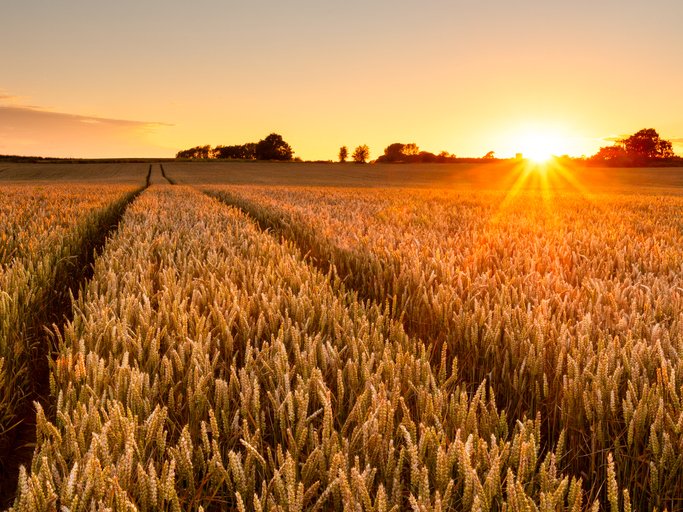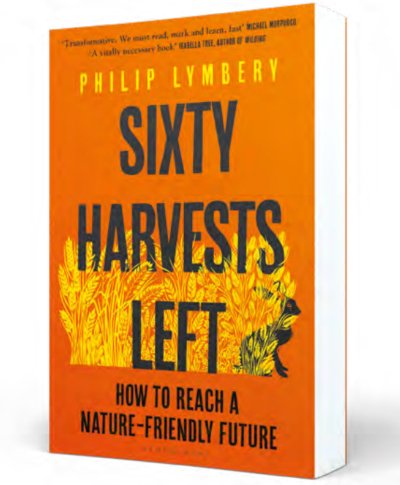Taking its title from a chilling warning made by the United Nations that the world’s soils could be gone within a lifetime, Sixty Harvests Left uncovers how the food industry threatens our world.
Put simply, without soils there will be no food: game over. And time is running out.
Philip Lymbery’s new book is another ‘must read’: an iconic book for our times that completes a powerful trilogy and achieves another ‘first’.
Sixty Harvests Left will be the first book to show that, far from being ‘a necessary evil’, factory farming is threatening the very survival of our planet and that ending the industrialisation of the countryside is key to saving our children’s future.
A book to make you think
Highly respected and successful author of the critically acclaimed bestseller Farmageddon, Lymbery has delivered another influential book and a seminal read for those seeking smart, insightful analysis about the greatest challenge facing humankind.
He shines a light on the dark side of food production. He opens doors and our eyes to the reality of our global food system. It will shock. It will make you think. But Lymbery makes it impossible to turn away.
Lymbery confronts ‘Big Ag’, whose mega-farms, chemicals and animal cages are sweeping across the countryside around the world and jeopardising the very air we breathe, the water we drink, the food we eat and the nature we treasure. Yet there is hope.
Thoughts from the front line
Sixty Harvests Left spotlights the pioneers who are battling to bring landscapes back to life, in a world where wildlife, hens, pigs and people thrive by protecting the very thing that our civilisation is built on: soil.
With his flair for writing now well established and highly engaging storylines, award-winning author Lymbery has saved his very best for last.
It’s a fine body of work: a fast-paced account of the existential threat of current food processes and a dive into why food and future harvests matter so much right now. It’s a book we’ve never needed more.
‘In this beautifully written book Philip Lymbery describes how intensive agriculture harms the environment and inflicts suffering on sentient animals. But after visiting with and talking to those on the front line – scientists, farmers and food providers – he is able to show that there are sustainable alternatives. And that they are working. There is indeed hope for the future of our planet, and each one of us can play a part. I urge you to read Sixty Harvests Left.’
DR JANE GOODALL DBE
Founder of the Jane Goodall Institute & UN Messenger of Peace
Key points from the book
37% of greenhouse gas emissions globally are caused by our food and the way we produce it.
The world has seen an average 68% drop in mammals, birds, fish, reptile and amphibian populations.
More than 40% of species in Britain have declined since 1970, while one in every seven of its wildlife species faces extinction.
Three-quarters of all human diseases originated from animals.
Since 1990, 25% of bee species have disappeared from records.
According to the United Nations ‘95% of our food is directly or indirectly produced on our soils’.
 Play Video about This Rock Might Just Save The World
Play Video about This Rock Might Just Save The World Play Video about Play 2 hours of rock
Play Video about Play 2 hours of rock Play Video about Play 2 hours of brook
Play Video about Play 2 hours of brook Play Video about Play 2 hours of sheep
Play Video about Play 2 hours of sheep












































